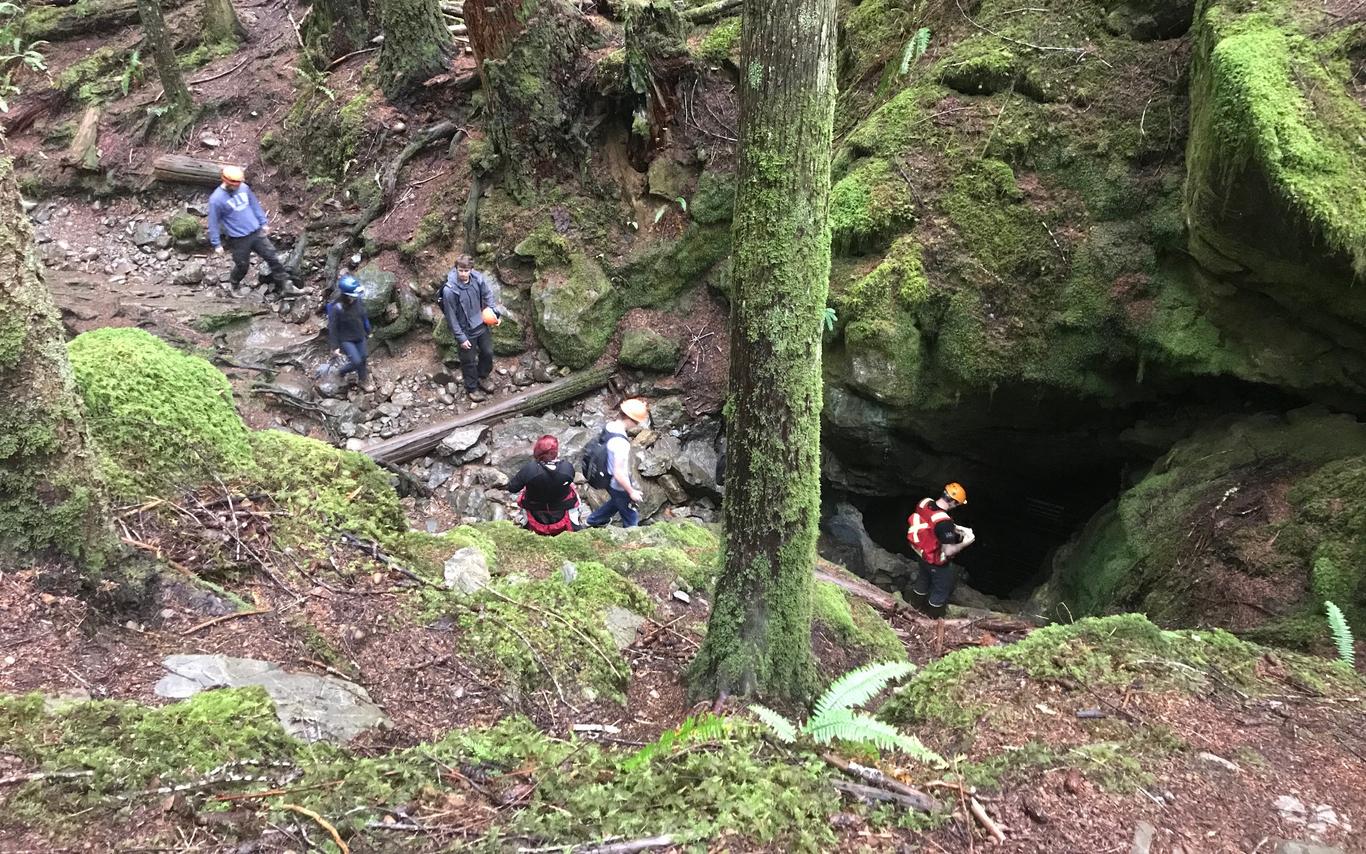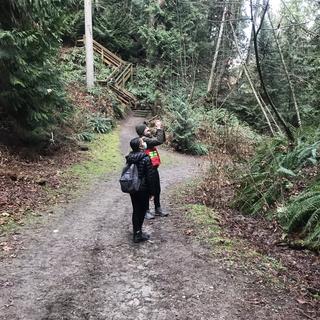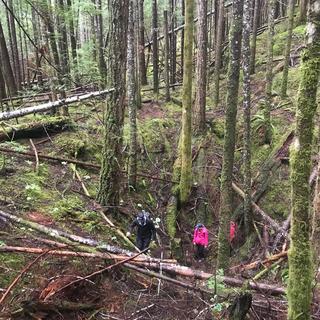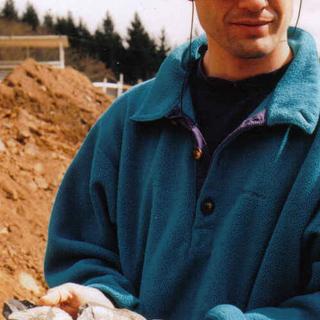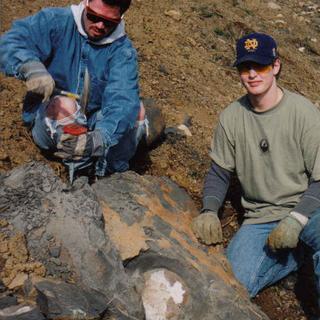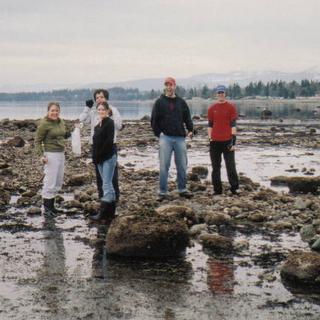Statements from our program alumni:
"VIU's Earth Science or Geoscience program stands as a dynamic and comprehensive educational platform, offering a blend of academic rigor, practical experience, and a commitment to community and environmental responsibility."
"It's very collaborative and very in-depth; I feel like the professors take the time to get to know us and are good at encouraging us to do our best."
"Field experience was paramount in every course and immensely helped me understand how textbook/theory can be applied to real-world settings, as textbook images are rarely perfectly accurate to field settings. I also felt teaching practical knowledge and skills was very helpful in understanding the material, rather than simply relying upon lots of theory."
"The professors are the strength. Their love and passion for what they teach is key to students carrying on in the program."
"VIUs Geoscience program consists of a lot of field work and practical applications of field techniques. Having frequent field trips and being able to use Geoscience equipment regularly is extremely beneficial and outstanding. Because of this VIU produces graduates with excellent practical skills that are extremely applicable to future jobs. Compared to larger universities that teach primarily is large lecture halls, VIUs intimate classroom experiences with ample 1-on-1 time with professors, along with exposure to field work makes it an extremely rewarding program."
Improve your understanding of the Earth and search for answers to questions like these
- How is Earth's internal magnetic field generated?
- When, why, and how did plate tectonics start?
- How are critical elements distributed and cycled in the Earth?
- What causes an earthquake?
- What drives volcanism?
- What are the causes and consequences of topographic change?
How does the critical zone influence climate?
What does Earth's past reveal about the dynamics of the climate system?
How is Earth's water cycle changing?
How do biogeochemical cycles evolve?
How do geological processes influence biodiversity?
How can Earth science research reduce the risk and toll of geohazards?
Earth Science studies are critically important to modern society. An understanding of the rocks and minerals that make up the solid Earth, and how these materials interact with the atmosphere, the world water supply, and living organisms provides the foundation for all natural and environmental sciences. All of these factors are critical for understanding how the Earth has changed in the past and how it may change in the future.
On a daily basis, humans utilize mineral and energy resources and require water for drinking, industrial purposes and crop irrigation. Our lives are disrupted by natural disasters such as earthquakes, volcanic eruptions and landslides. As communities, we grapple with the issues of environmental contamination and global climate change. At a higher level we struggle to understand human origins and the origins of life on our planet, and we wonder about the possibility of life on other planets.
It is through our knowledge of earth science that we can discover sources of energy (coal, oil, gas, uranium, geothermal), mineral resources (iron, copper, nickel, etc.), and fresh water. Understanding the dynamic nature of the Earth’s crust and interior also helps us to predict and avoid natural hazards.
Information preserved in rocks and minerals tells the incredible story of the Earth’s 4.6 billion year history. Studying fossils and the rocks in which they are found gives us insight into how life has diversified from its humble beginnings as single cell bacteria to the myriad of life forms we see today. Studying the rock record gives us insight into past environmental changes, from which we may be able to make predictions about how the Earth could change in the future.
At VIU we offer a wide variety of courses in Earth Science to help you achieve a deeper understanding of the materials and processes that shape our planet. Most of our courses will provide you with opportunities to consider the interactions between humans and the Earth’s systems, for better or for worse. Options to further your Earth Science education at VIU range from single general interest courses that will help you become a more aware citizen of the Earth, to the Minor in Earth Science that will enhance your geoscience knowledge as part of a BA or BSc degree, to a BSc Major in Geoscience that could prepare you to work as a Professional Geoscientist.
Learn more about career opportunities for Earth Scientists and Geoscientists
